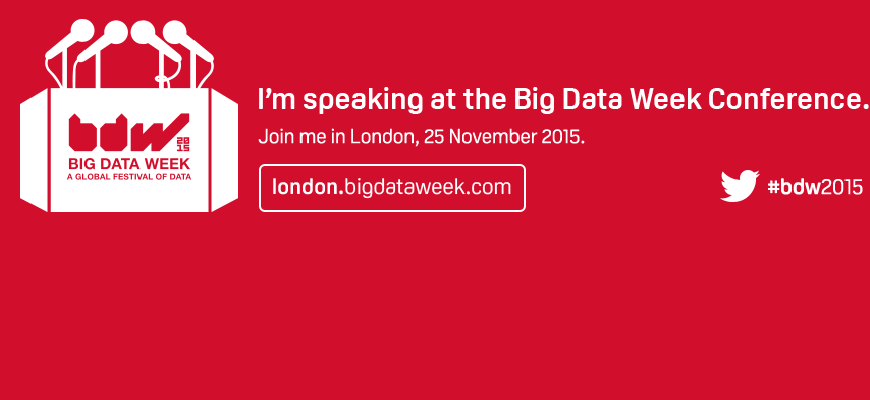Interview with Erik Nygard from Limejump
This blog post is part of Big Data Week interview series.
Enjoy Erik’s thoughts on Big Data.
1. While Big Data is already a buzz term, what does it actually mean for you? (an old question with a fresh answer)
Big data = flexibility
By harnessing big data produced by distributed generators and businesses, existing electricity system flexibility can be unlocked allowing for increased amounts of intermittent, renewable generation to be connected to the distribution network. Big data is the enabler for a lower carbon, more sustainable energy future.
2. Is it important to be more data driven nowadays? If yes, why ( please use examples from your industry or your own case)?
It’s not important, it’s vital. Simply put, the UK energy system will not be able to meet the EU 2020/2030 renewable generation targets without becoming more data driven. Without tapping into existing capacity on the network, we cannot be efficient with our use of connected distributed generation assets and therefore would be required to build more costly fossil fuel fired power plants which would sit idle on the network for most of the year, only being called upon at times of peak demand. Our Virtual Power Plant, which groups and dispatches distributed generation and businesses with flexible demand to meet market and demand signals, is able to power over 50,000 homes for an hour and provide an annual carbon emission saving of 2.9 million tonnes when compared to a coal plant.
3. What are the main challenges a company encounters when starting to look at their data?
Other utilities in this space find it challenging to deal with big data because of their business model. We are a technological start up at our core, so we are ideally placed to surmount the data challenge faced by the energy industry. We are a next generation utility building our software, hardware and online portal in house.
4. How do you see the impact of Big Data in the utilities domain?
It’s transformative. Big data levels the playing field for distributed generators and businesses, allowing them to access the same opportunities as traditional power plants. This has a dramatic impact on the energy landscape. We’ve seen big data harnessed with positive effect in other industries, with Uber being a prime example. Uber makes full use of existing assets, in this case cars, that would otherwise go unused therefore improving resource efficiency and optimising value for asset owners.
5. Do we still need data scientists with all the tools existing today for data cleaning, analysis, machine learning?
Data scientists are absolutely needed. Human intervention is required to create algorithms, identify data gaps and rectify these and determine data features and validate outputs when sensor or physical measurements are not available.
6. Who should come and listen your talk in Big Data Week?
Anyone who is interested in the application of machine learning analytics and big data capture software on the energy network to help drive the uptake of renewable generation.
BIO:
Erik Nygard is a Co-Founder at Limejump Ltd. He is responsible for strategy and business development and has substantial experience in electricity trading, hedging and optimisation.



